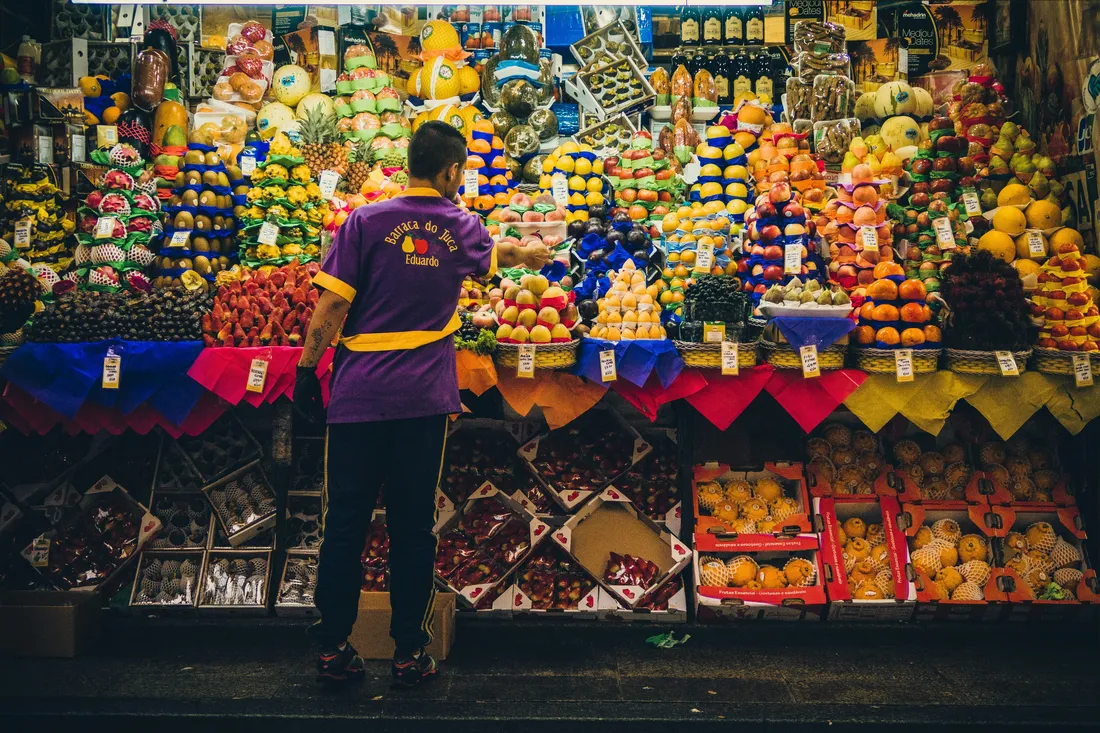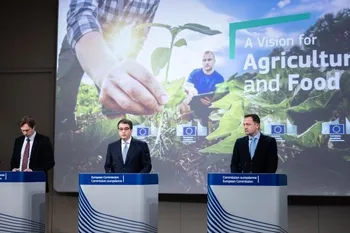
Despite its significant contribution to Brazil's GDP and employment, the agrifood sector faces substantial challenges. These include extreme poverty affecting approximately 3 million rural families and severe food insecurity impacting 18.6% of family farmers. These issues are exacerbated by unequal access to public policies and rural extension services.
Economic Contributions
The agrifood sector is a powerhouse in Brazil's economy, accounting for about 22% of the GDP when considering the entire sector. In 2023, it was responsible for 30% of the country's GDP growth, driven by robust domestic and international demand and productivity gains that outpace global averages.
Policy Recommendations
The World Bank recommends a strategic redirection of support towards rural producers, emphasizing the inclusion of family farmers and the adoption of climate-smart agricultural practices. This includes reallocating federal credit lines and technical assistance to promote sustainable practices.
States like Bahia, São Paulo, and Santa Catarina are highlighted for their innovative approaches. Bahia, for instance, has pioneered support programs with minimal environmental impact, while São Paulo and Santa Catarina have started conditioning support on environmental criteria.
Investment in Public Goods
The report advocates for increased investment in public agrifood goods and services, such as agricultural innovation and climate-resilient infrastructure. Shifting 10 percentage points of agrifood spending from private to public goods could enhance the sector's per capita value added by 5%.
For Brazil to maintain and enhance its agrifood sector's competitiveness, sustainability, and inclusivity, it is crucial to implement these recommendations. Enhanced coordination between federal and state levels, led by the Ministry of Agrarian Development and Family Agriculture and the Ministry of Agriculture and Livestock, is essential for effective policy evaluation and monitoring.







